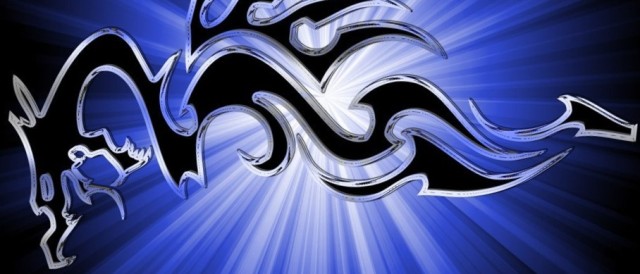Polynesian tattoos, also known as tatau, have a rich history and cultural significance that dates back thousands of years.
These tattoos are traditional in many Polynesian cultures, including Samoan, Maori, Tahitian, Marquesan, and more. Each design and symbol holds meaning and represents an individual's ancestry, spiritual beliefs, and cultural identity.Tattooing was a significant rite of passage in Polynesian culture, marking an individual's transition into adulthood and showcasing their strength and courage. The designs were intricate and often required multiple sittings to complete. The traditional tools used for tattooing were simple, often made from bone or wood, and required the skill of a talented tattoo artist to create the desired design.
The symbolism behind Polynesian tattoos varies from culture to culture, but common themes include spiritual protection, cultural identity, and social status. For example, the Marquesan cross symbolizes the journey between life and death, while the Samoan pe'a represents strength, courage, and rank within the community.
Polynesian tattoos have experienced a resurgence in recent years, as more people seek to connect with their cultural roots and embrace the tradition. However, it is important to remember the significance and cultural meaning behind these tattoos and to approach them with respect and understanding.
In conclusion, Polynesian tattoos are a rich and vibrant part of Polynesian culture, representing a deep spiritual and cultural connection to one's ancestry. Whether traditional or modern, these tattoos continue to hold a significant place in the lives of those who wear them and serve as a lasting reminder of the rich cultural heritage of Polynesian people.



No comments:
Post a Comment